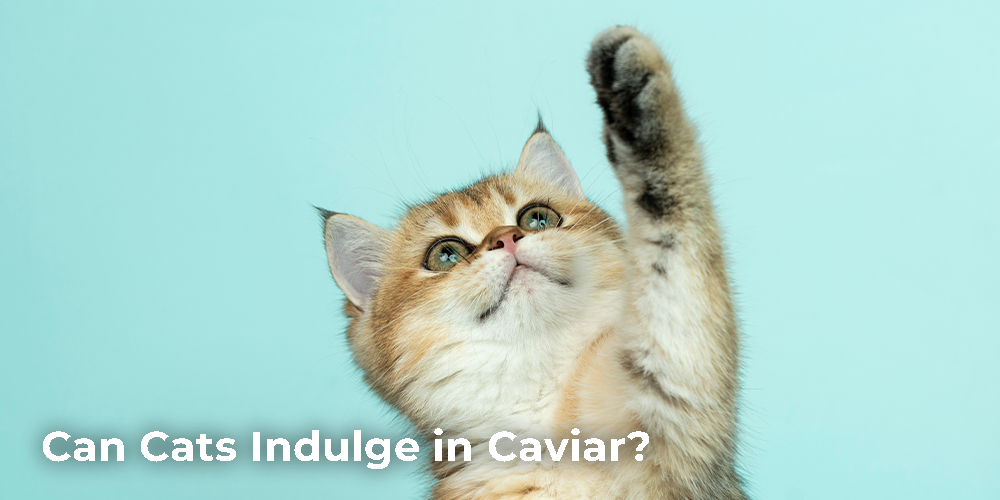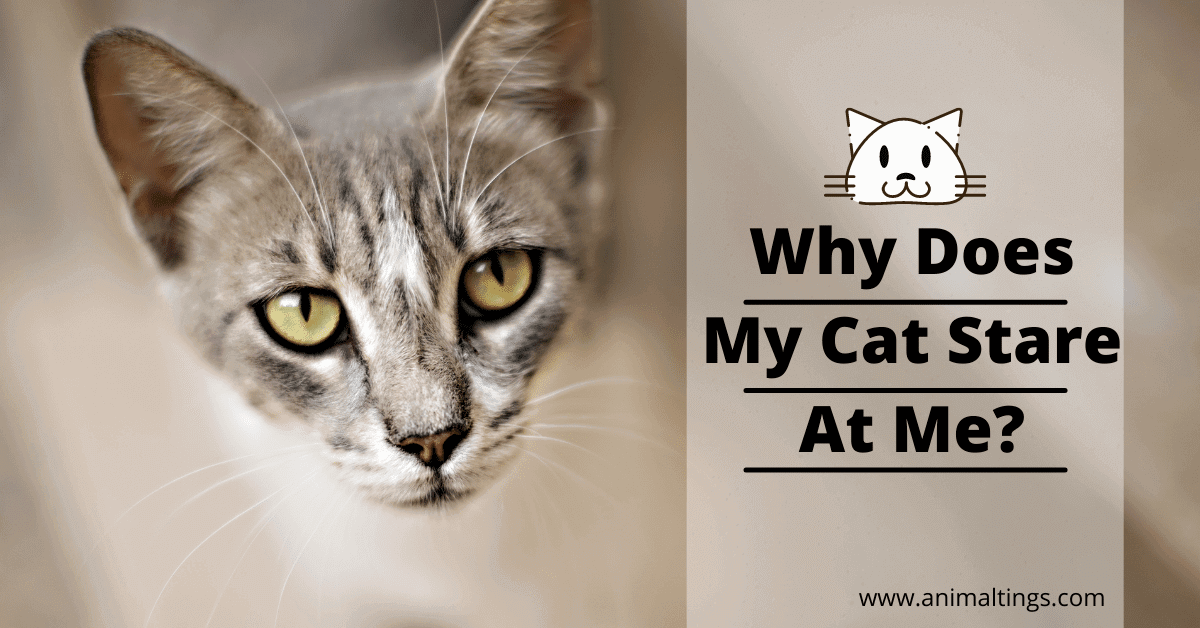If you’re a cat parent with a penchant for the finer things in life, you might have found yourself wondering, Can Cats Eat Caviar? We get it — that little furball of joy deserves the world. But before you break out the tiny cat-sized champagne glasses, let’s dive into the deep sea of feline nutrition.
Table of Contents
Understanding Caviar Basics
Let’s start with the basics. Caviar, often associated with luxury and sophistication, is essentially fish roe. Now, don’t let the posh name fool you; it’s fish eggs, and it comes with a swanky reputation for being rich in nutrients.
Nutritional Value of Caviar: A Cat’s Perspective
Cats are a curious bunch, and their bodies have specific needs. Caviar boasts an impressive nutritional profile — loaded with omega-3 fatty acids and high-quality protein. It’s like a little oceanic power pack.
But, hold your horses (or should I say, hold your kitties). The devil, as they say, is in the details.
Walking the Tightrope: Can Cats Eat Caviar?
The Good News: Potential Benefits for Cats
- Omega-3 Fatty Acids: Cats need these for a healthy coat and a purring heart. Caviar delivers, but moderation is key.
- Protein Boost: Cats, the little carnivores they are, thrive on protein. Caviar provides a gourmet source, but don’t make it an everyday feast.
- Other Nutrients: Caviar isn’t a one-trick pony. It brings vitamins and minerals to the table, or in this case, the kitty bowl.
The Not-So-Great News: Potential Risks for Cats
- High Salt Content: Too much salt isn’t cool for your cat. It’s like trying to sip seawater — not a great idea.
- Mercury Concerns: Just like us, cats should be mindful of their mercury intake. Too much of it can cause a feline fiasco.
- Allergies and Sensitivities: Cats, like humans, can have food allergies. Keep an eye out for any unexpected scratching or grumpy behavior.
Feeding Caviar: Can Cats Eat Caviar?
Now, if you’re feeling the need to treat your feline friend to a bit of the high life, here’s how to do it right.
SEE ALSO: Can cats eat rotisserie chicken?
Preparing Caviar for Cats
- Desalination Drama: Rinse that caviar. Cats don’t need the extra salt, and neither do you.
- Tiny Portions, Big Love: Small servings are the key. Think of it as a kitty-sized appetizer.
Allergic Reaction Alert
- Watch and Wait: Keep an eye on your furball after the caviar debut. Any unusual behavior? A vet visit might be in order.
- Consult the Cat Doctor: If you’re in doubt, the vet is your ally. They’re like the wizards of the pet world.
What the Experts Say: Cat Whisperings on Caviar
Veterinarians, those wise beings who decipher the language of meows and purrs, suggest moderation. Dr. Whiskerstein says, “Caviar can be a cat’s occasional indulgence, but don’t let it become a habit. Balance is key, my friend.”
Alternatives for Picky Paws
If your cat is turning up its nose at caviar or you’re a bit wary of the fish egg fiesta, fear not. There are alternatives.
Cat-Safe Foods with Similar Benefits
- Fishy Friends: Consider other fish options. Tuna, salmon — they’re like the rockstars of the cat food world.
- Omega-3 Supplements: If you want to play it safe, there are cat-friendly omega-3 supplements. It’s like a health pill for your whiskered buddy.
Commercial Cat Foods: Decoding Labels
- Label Lingo: Read those labels. Look for cat foods with added nutrients, and if in doubt, consult your vet for brand recommendations.
READ NOW: Why does my cat lick me then bite me?
The Final Whisker: Can Cats Eat Caviar?
In conclusion, yes, your cat can have a taste of the high life with a bit of caviar. But remember, moderation is key, and always keep a watchful eye for any signs of discontent in your feline friend. If in doubt, consult the wise wizards of the veterinary world.
So there you have it, the inside scoop on caviar for cats. Treat your kitty like the royal highness it is, but keep the regal indulgences in check. After all, a happy cat is the true definition of luxury, with or without the caviar dreams.




